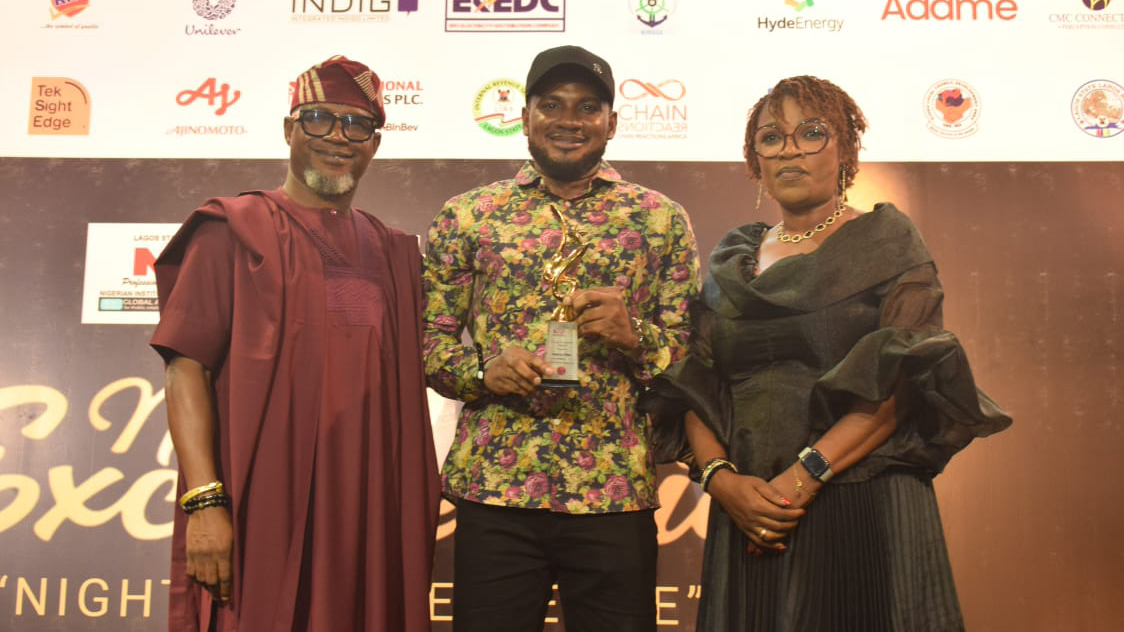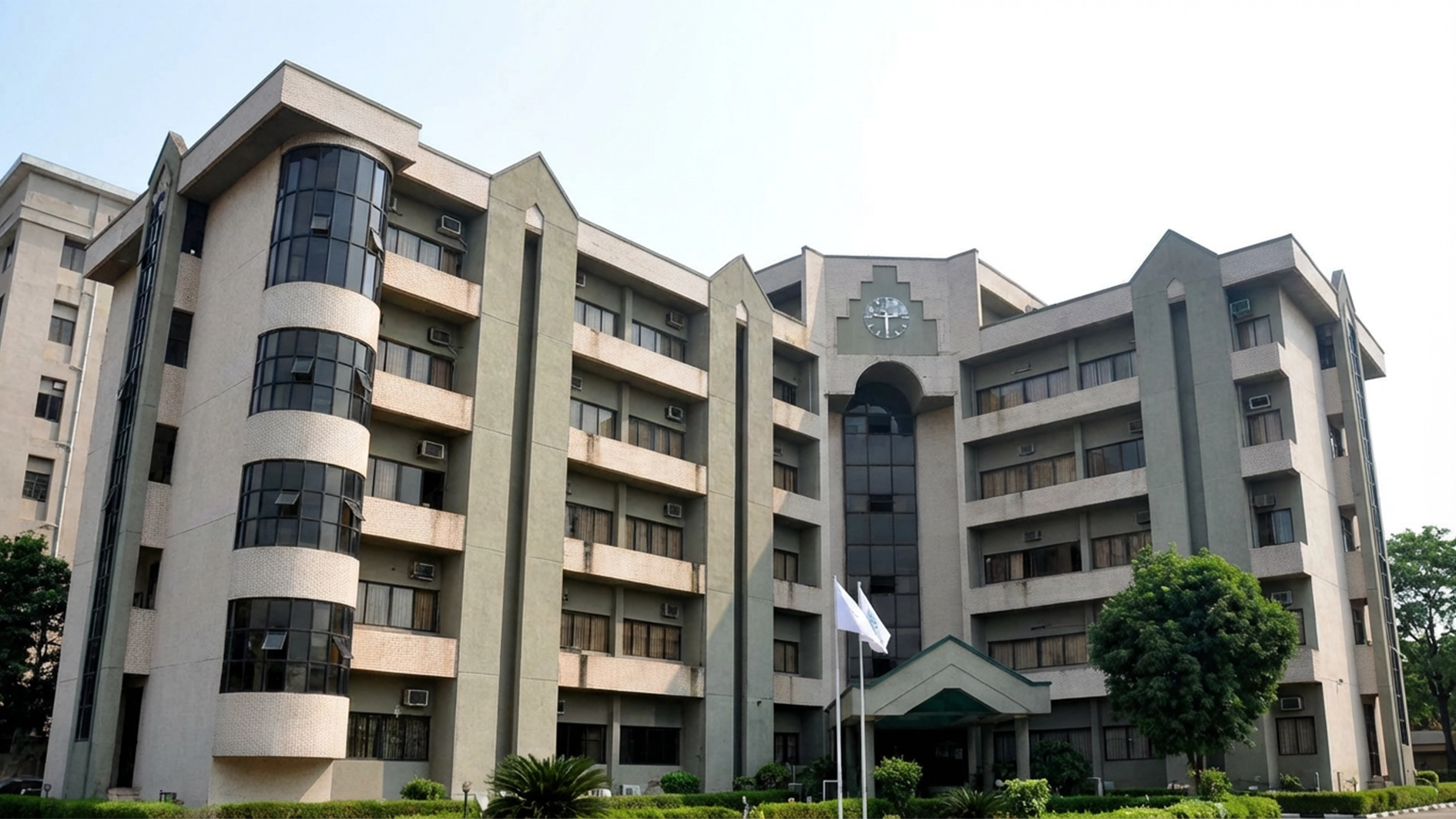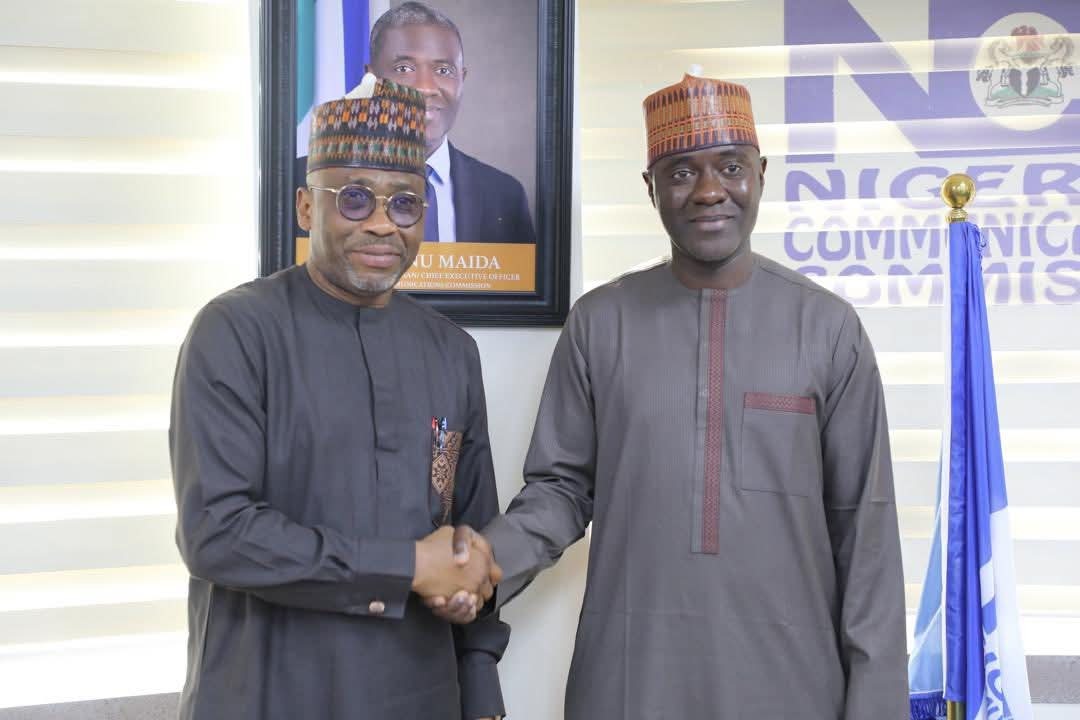
Universal Health Records are a key component of health information technology, which has increasingly been utilized to industrialise nations to improve healthcare. Healthcare is considered one of the most important services in the world, as it is essential for the well being of society. However, healthcare is considered a major issue almost everywhere. Whether its United States of America (USA), Asia, Africa or Europe, most countries are struggling to improve healthcare services – healthcare costs too much, there are issues with quality of medical care, healthcare related corruption, shortage of resources, shortage of doctors, and patients are not empowered to manage their healthcare.
A major reason why the world is struggling with improving healthcare services is that health related information is not handled properly. In advanced countries such as the USA, which has spent billions of dollars on implementing electronic systems for healthcare facilities, health information is fragmented. Despite massive efforts and investment in health information systems and technology, and many years of widespread desperation, most healthcare facilities are unable to share data with each other, and most patients don’t have access to their health information. In most of the world, particularly developing nations like Nigeria, health information is paper based or not fully digitized.
The result is that, even in today’s information age most health information is not readily available. This is a major disadvantage and it slows the progression of healthcare around the world.
With the advent of the Internet and global computerisation, why should healthcare related processes and information still be paper based? Making health information digital is critically important. Having paper-based information introduces health risks and also prevents us from analyzing data and utilizing it for improving healthcare services. This is especially visible during the global coronavirus (COVID-19) crisis, where we would benefit immensely from better information sharing between healthcare facilities across the world such as electronic widespread electronic screening questions and travel advisory warnings for specific patients who live near infected patients. EHR workflows will result to timely detection and effective response protocols for outbreaks. Health systems can respond at a quicker pace with the configuration features that are created in the EHR.
Wouldn’t it be great if health information all over the world is digitized and secured, patients have complete, secure access to their health information on their mobile devices and can share it with healthcare providers as required? This would allow us to analyze data to identify and act on health risks early on, allow doctors to collaborate in providing treatment, allow patients to truly manage their treatment options and get the best healthcare services from across the world. It will also enable us to better study the efficacy of drugs and various types of treatments, speed up clinical trials and find more treatments for diseases at a faster pace than ever before. For example, it could speed up trials for a vaccine to the novel coronavirus (COVID-19). This would truly transform the world of healthcare and greatly speed up the pace of improvement in healthcare services globally.
But is it possible to create such an “Internet for health information” that will connect and transform the world of healthcare when there have been so many challenges in implementing electronic health systems?
New Fields Technologies LLC (NFT), based out of New Jersey, USA, is working on implementing exactly such an Internet for health information, termed the Universal Health Information Network (UNHIN). The UNHIN is not just a concept; NFT has actually developed the technology and is digitizing hospitals across globally in developing and underprivileged areas. Per Shubh Singh, Chief Executive Officer (CEO) of NFT, “Our goal is to implement a platform that will transform healthcare globally. Just like the Internet has transformed our lives in every way, the UNHIN will have a similar impact on the world of healthcare.”
The UNHIN is implementing a global patient centric Internet for health information. The UNHIN will be a decentralized community-based platform, which means that no company will own it, including NFT. It will apply blockchain technology to implement a self-governed network that is free from any commercial influence and benefits the entire world. The UNHIN is designed to solve the problem of digitizing health data and making it patient-centric at a global scale to empower patients and physicians, reduce physician overheads, minimize costs and provide managed access to health information in a way that does not exist today.
As a part of the UNHIN, NFT has already implemented comprehensive electronic health record systems for multiple hospitals in India and the Caribbean. NFT is proposing to partner with the Lagos State Government to implement the UNHIN network to bring comprehensive digitization to all healthcare facilities in the State. The project will start with a pilot implementation in one hospital, followed by expanding to all the hospitals and primary care facilities in the region. Once implemented, residents of Lagos state will have comprehensive electronic health records and hospitals and healthcare facilities will be able to collaborate to provide patient centric care.
The UNHIN will completely transform the healthcare experience for people in Lagos state. They will be able to access their complete health record using the UNHIN mobile app. Any healthcare facility they go to will be able to securely get their health record so paperwork completion is not needed, and doctors can have their health and medication history allowing them to better diagnose ailments and make better recommendations regarding their healthcare. The healthcare facilities in the State will truly implement patient centric healthcare, and the UNHIN network will allow identifying healthcare trends, provide early warnings and alerts regarding any health-related situations such as the coronavirus (COVID-19), and facilitate the government in making better utilization of its resources and reduce cost while providing better healthcare services.
To stay up to date with the UNHIN you can visit https://unhin.org or follow Shubh Singh on LinkedIn at https://www.linkedin.com/in/shubhksingh/






